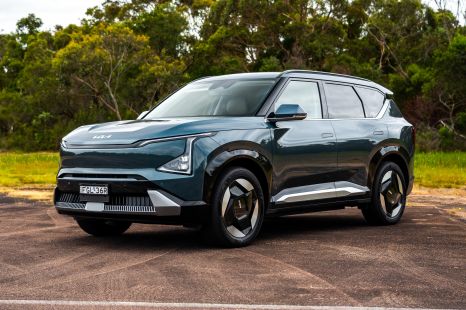

James Wong
2025 Kia EV5 Earth AWD review
4 Days Ago

Journalist
Audi looks set to become the first German luxury marque to switch to an electric-only lineup.
Automobilwoche and Süddeutsche Zeitung claim Markus Duesmann, Audi’s CEO, outlined a timetable for the luxury car maker’s transition to becoming an electric-only brand at a management meeting late last week.
According to these German language publications, Audi will cease developing new models with internal combustion engines (ICE) in 2026 when the second-generation Q8 launches.
This Q8 will apparently be offered with both internal combustion engines and all-electric drivetrains.
After its production run ends around 2032, Audi will have only EVs in its range.
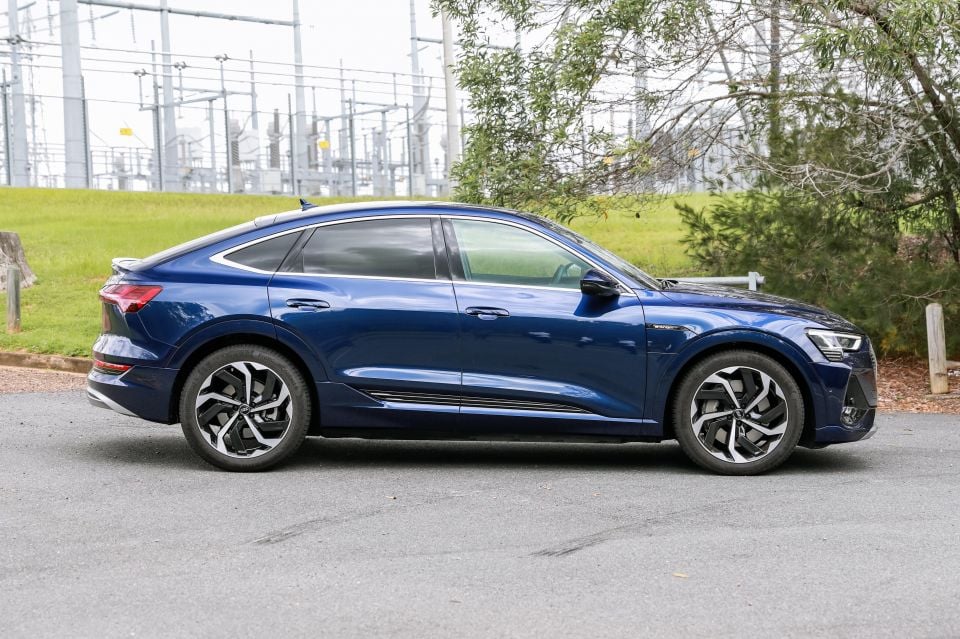
At present Audi’s EV range consists of the E-Tron and E-Tron Sportback crossovers, which are based on the MLB Evo architecture designed primarily for ICE vehicles.
There’s also the E-Tron GT sports sedan that uses the J1 platform underpinning the Porsche Taycan.
The Q4 E-Tron crossover will join the global range later this year, and it uses the MEB architecture employed by the Volkswagen ID.4, Skoda Enyaq iV and others.
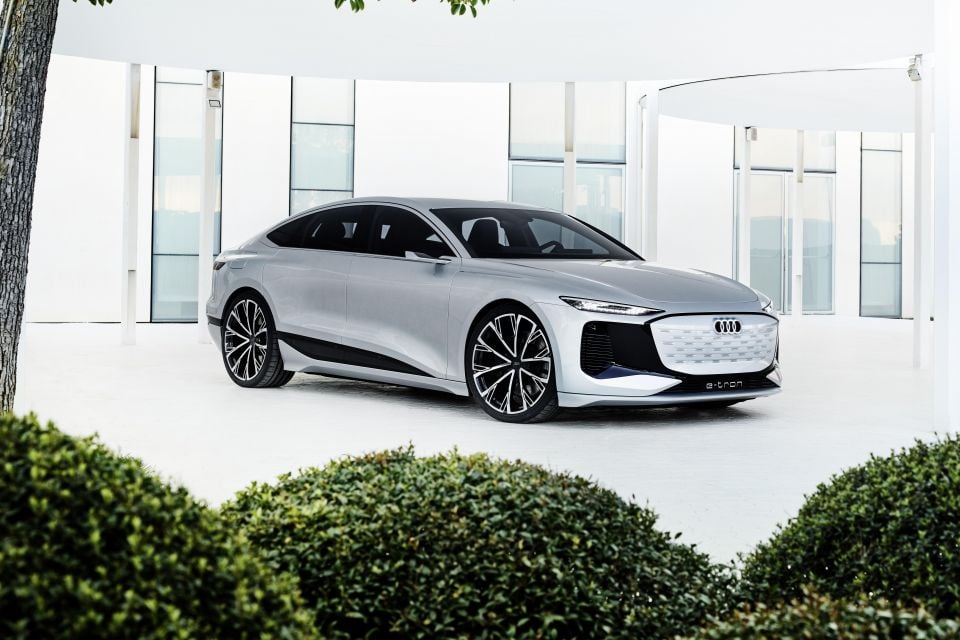
Coming in 2022 will be the Q6 E-Tron, the company’s first vehicle to ride on the PPE platform developed with Porsche.
Handelsblatt claims the A6 E-Tron coming in early 2023 will eventually fully replace today’s A6 range.
Given the latest A6 only went on sale in 2018, it’s likely the two will be sold side-by-side for a number of years.
The A3, A4 and A5 will reportedly follow a similar trajectory, with the current generations of each set to be the last offered with petrol and diesel motors. In time these lines will be replaced by the electric-only A3 E-Tron, A4 E-Tron and A5 E-Tron.
Assuming a normal-ish eight-year model cycle, the production of the current A4 and A5 could end as early as 2024, with the A3 due to wrap up in 2028.
It’s possible Audi will stretch out the lifecycle of some cars, especially the bread-and-butter A4 and A5.
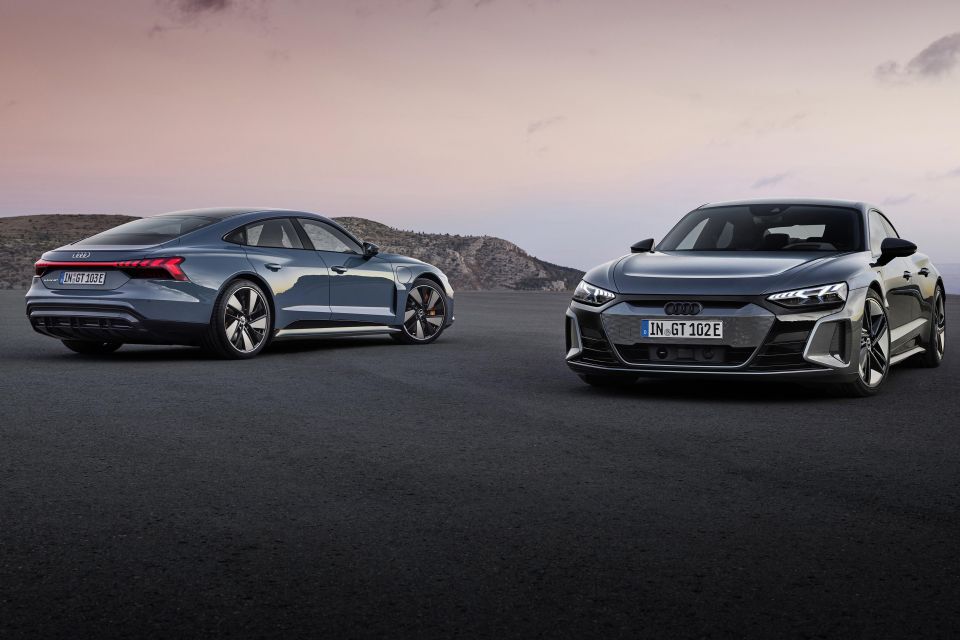
If these reports from the German media are correct, Audi will become the first major brand from the country to go all-in with EVs.
While both Mercedes-Benz and BMW are stepping up their electric efforts, neither are willing to commit to completely ditching petrol and diesel engines just yet.
Brands and companies that have announced a complete transition to EV include Jaguar (2025), Volvo (2030), Bentley (2030), Cadillac (2030), GM (2035), and Honda (2040). Ford’s European passenger car range will also be electric-only by 2030.
Where expert car reviews meet expert car buying – CarExpert gives you trusted advice, personalised service and real savings on your next new car.
Derek Fung would love to tell you about his multiple degrees, but he's too busy writing up some news right now. In his spare time Derek loves chasing automotive rabbits down the hole. Based in New York, New York, Derek loves to travel and is very much a window not an aisle person.


James Wong
4 Days Ago
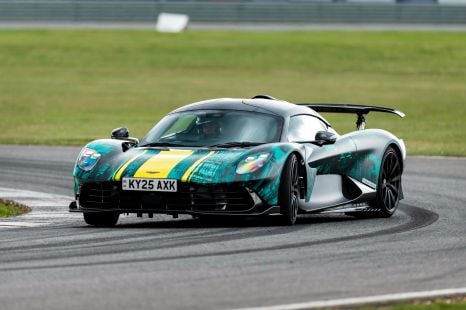
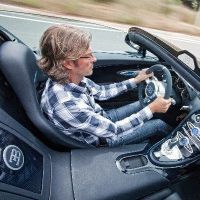
Angus MacKenzie
3 Days Ago
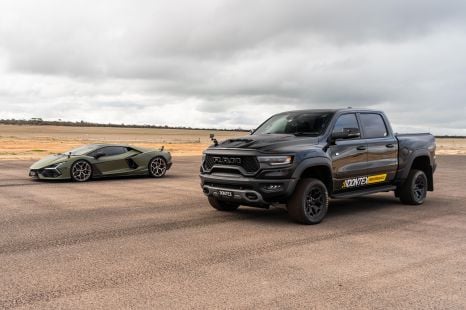

Paul Maric
1 Day Ago
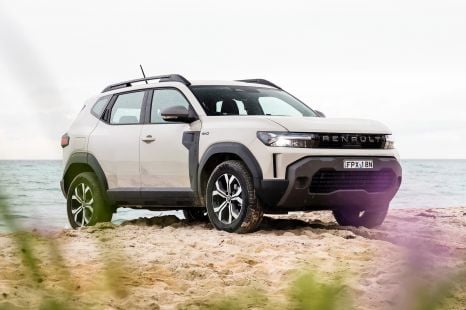

Max Davies
1 Day Ago
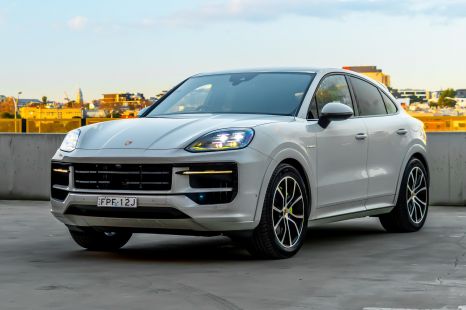

James Wong
1 Day Ago
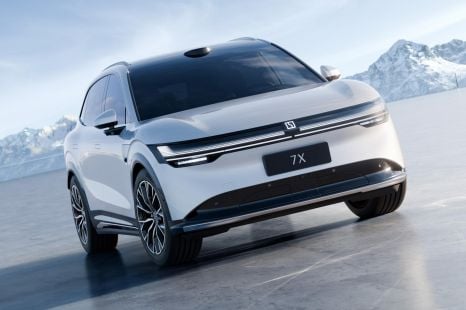

Damion Smy
13 Hours Ago